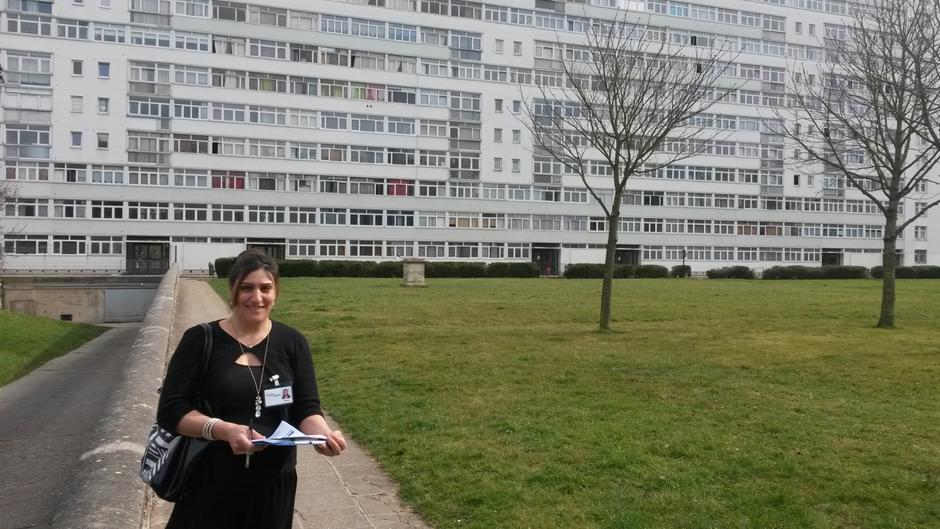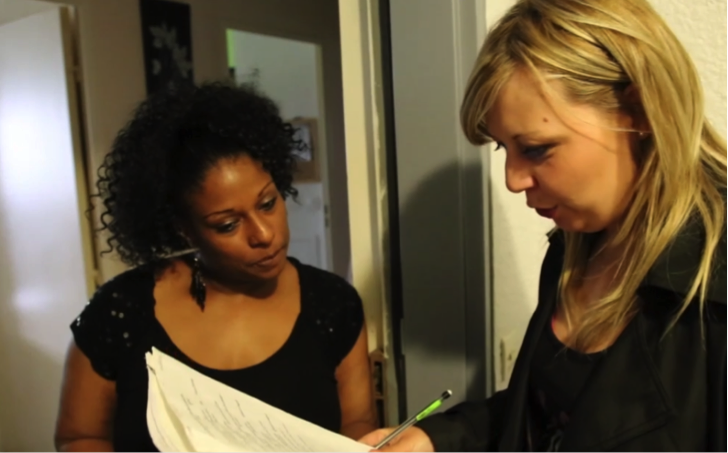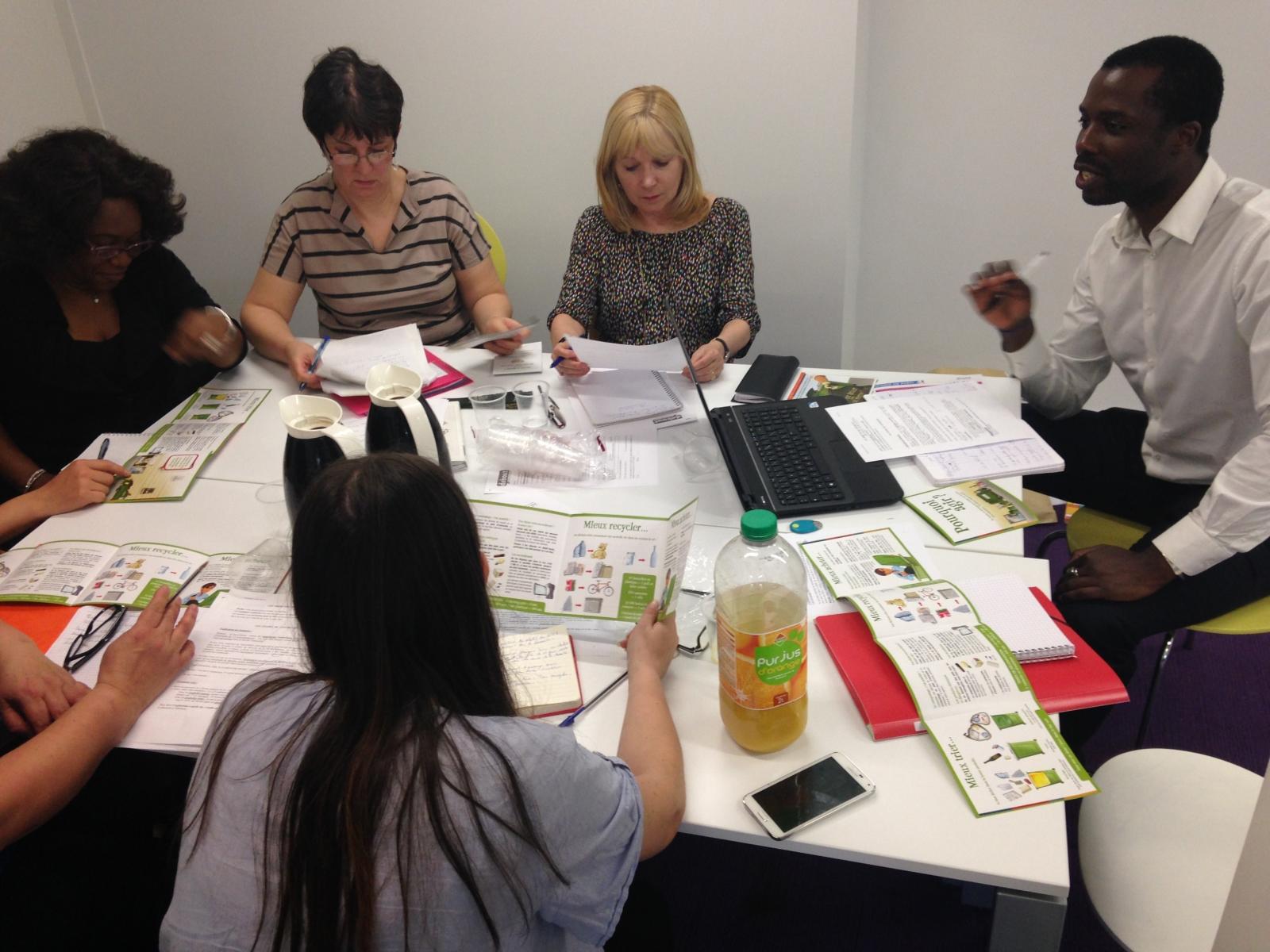
Social and Employment
Place
Paris (France)
Sponsor
Benoît Ringot
Grant
€30,000 for the Committee on 16/09/2015
Project Leader
“For the past few years, I have been watching VoisinMalin at work in the neighbourhoods in the Paris Region where it is most challenging to convey public service messages about how to consume water efficiently, in places where our teams struggle to convey these messages and do not manage to get an attentive and receptive response from the residents. VoisinMalin has also worked with Veolia to explain how the household water meter and billing system functions in these neighbourhoods in which people distrust the public services. VoisinMalin has subsequently developed other initiatives such as waste sorting, breast cancer screening and explaining the reform of school timetables, on behalf of the authorities, public sector companies and housing associations, achieving excellent outcomes.”
Benoît Ringot
In France, five million people live in urban policy priority neighbourhoods. Priority neighbourhood status is designated by the public authorities and is used to identify multiple-dwelling areas which were frequently designed half a century ago and are now experiencing real difficulties. The residents are isolated and vulnerable and barely access the services and rights to which they are entitled.
In light of this situation, VoisinMalin has been taking action since the association was founded in autumn 2010 and has the stated mission of fostering a new dynamic in the most deprived neighbourhoods by helping to create a network of ‘positive leader residents’. These residents are known as the Voisins Malins (neighbours in the know) and they re-establish social ties. How? They go from door-to-door, help people to use facilities and services and undertake formalities, either at home or at the relevant institution.
A local network…
The VoisinMalin system is based on a network of local residents recruited and paid by the association. They may be mothers, students looking for their first job, or retired people. They need to be motivated by helping others in the community and the desire to gain an active understanding of their environment. These ‘neighbours in the know’ forge links with the other residents in order to encourage them to express their needs and break down the walls of isolation. They resume contact with social services, accompany residents who are not fluent in French and even defuse conflict situations.

The sustainability of this network of ‘neighbours in the know’ is crucial to the scheme’s success. The association has chosen to pay the representatives that it sends out into the priority neighbourhoods (on average they work 16 hours a month for which they are paid €10 net per hour).
…funded by the public and the private sector
VoisinMalin has approached both the private and public sector in order to make its approach viable. The association has grasped the fact that private and semi-private organisations and the local authorities would benefit directly from being in closer contact with their clients and users. Social housing companies and urban service providers need to improve their relationships with their users and clients. The work done by the ‘neighbours in the know’ can be of use to them.
VoisinMalin therefore delivers services on behalf of these partners. The model seems to be sustainable and the association is now seeking to roll out its networks nationwide. It is worth noting at this point that on average its take a year to develop a setting and four years for it to mature (100% of direct expenditure is covered by the income generated by the services delivered).
A club for partners
VoisinMalin is seeking to maximize its impact and is consequently structuring and developing its model with the aim of further expanding. The association's target by the end of 2019 is to have a foothold in 20 of the priority urban areas listed by the NPNRU (New National Urban Renewal Programme) in six major urban regions.
This will be no mean feat and will involve the network’s management body at the national level being structured. To this end, a Partners’ Club is currently being created to bring together representatives of the public authorities, social housing stakeholders, businesses and foundations, at the national and the regional levels.
The Veolia Foundation is supporting this ambition, which is a springboard strategy designed to up the pace of rollout and reach 20% of the residents in the priority neighbourhoods. The usage of innovative approaches to reach so many people will make for a major large-scale impact.
“Above and beyond the messages themselves and people gaining a good understanding of them (whatever the language), VoisinMalin fosters social ties and trust between neighbours. The professionalism exhibited by the association is really striking and makes me believe in this project. This professionalism takes the form of training and supervision for the neighbours (by their managers and the network management body), as well as evaluating the social impact of initiatives, using Jpal randomized evaluation methods.”
Benoît Ringot


